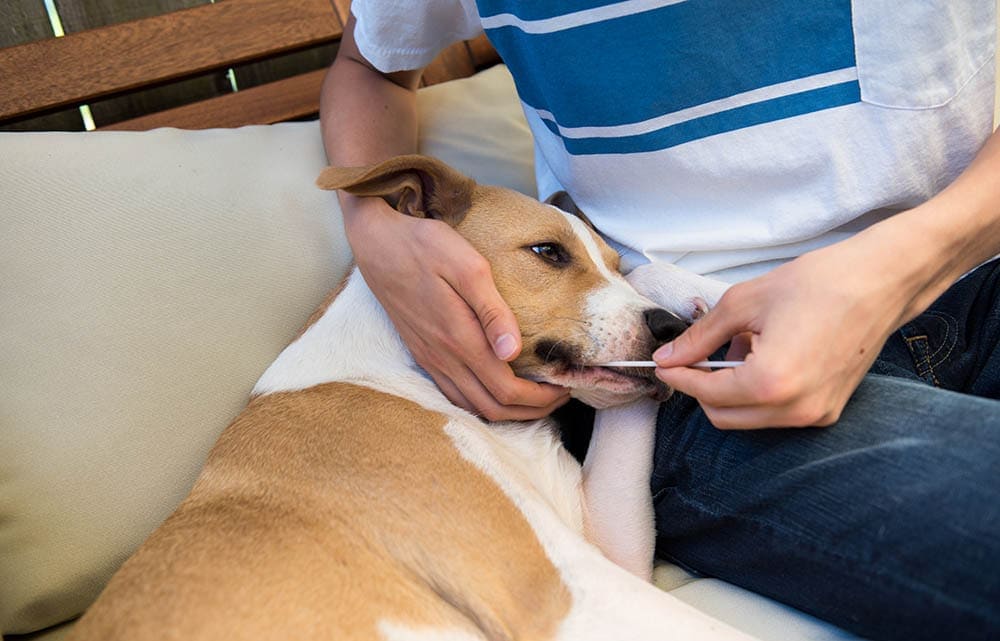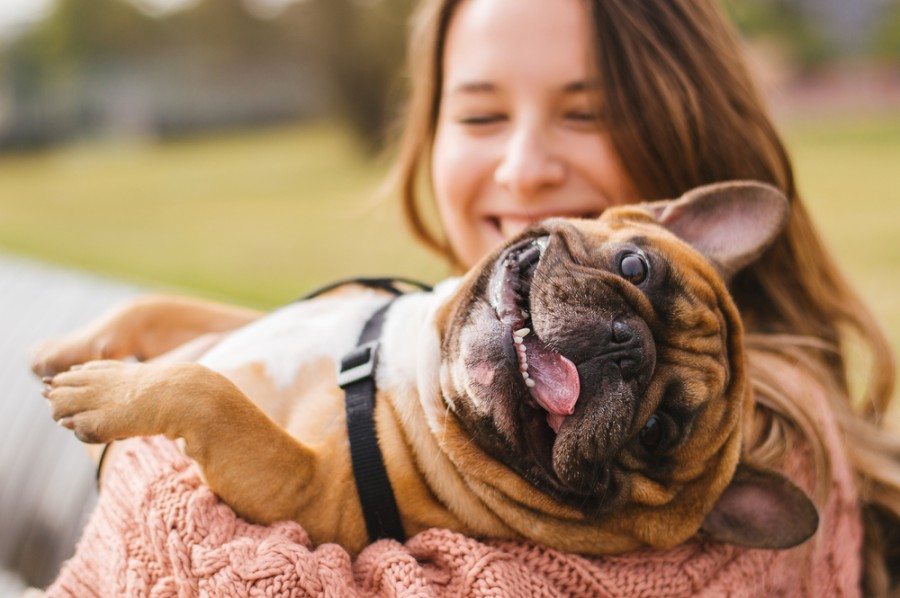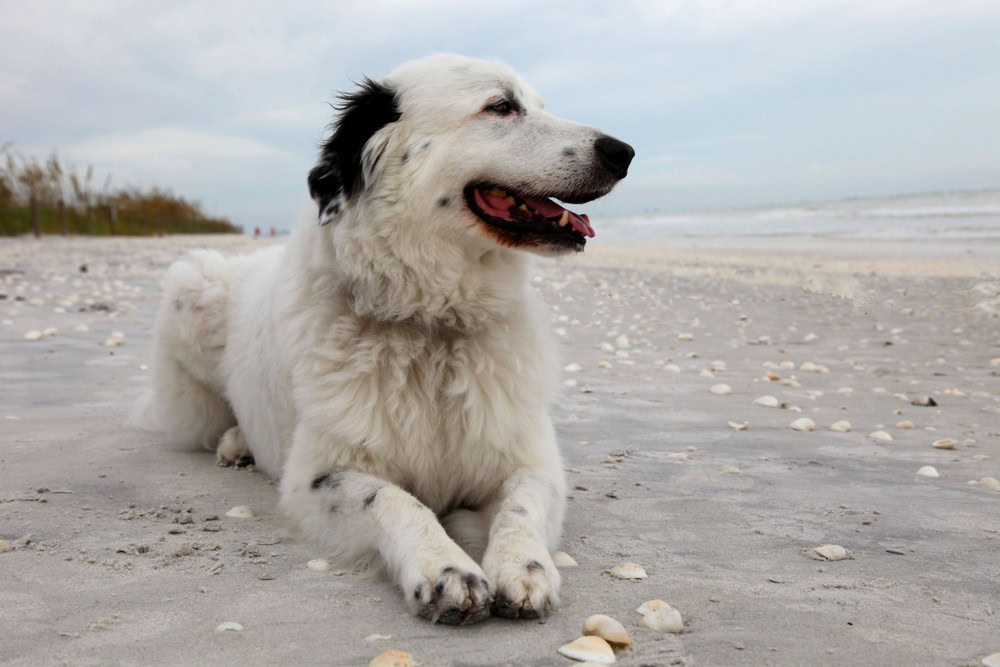How Accurate is DNA Dog Testing? What To Know Before Investing

Updated on

DNA Testing kits are super popular right now, especially with a rise in pet ownership over the last two years. Millions of owners have mixed breeds dogs, while some may question if their prized pup is a real purebred dog. Between curiosity and sometimes a necessity, DNA testing for dogs is a mainstream concept that continues to grow. But how accurate are the DNA test kits and are they worth buying?
How Accurate is DNA Testing for Dogs?
Although the companies that run the testing kits claim to have an average of 80-90% accuracy, the problem comes down to the fact that there’s not enough research to back up their results. In other words, while they do have a high success rate in terms of accuracy, they’re not perfect and can miss the mark. You rely on the lab’s ability to find the results, leaving room for inaccurate results and even more confusion than before.

How DNA Testing Works
DNA in Dogs
DNA, also known as Deoxyribonucleic acid, contains the genetic code for nearly all living creatures. All creatures have their own unique genetic sequence, which the DNA strands contain. All humans and animals have their own specific codes, but they also have similarities to one another. DNA markers are found on the chromosomes, which the labs use to help determine dog breeds and health conditions.
How is Dog DNA Collected?
DNA testing relies on genetic markers found in the cells of the sample, which is sent in for testing. Thankfully, most kits use a sample of saliva, which contains cells that have your dog’s DNA. Dog DNA testing labs rely on the same science as human DNA testing, using the cells in the saliva to find the genetic markers.
Accuracy of DNA Testing
DNA is a blueprint to the body, so how could it possibly fail? Unfortunately, knowing the accuracy of dog DNA testing kits is a grey area. They rely on their own labs to discern the DNA, then give the dog owner the results. While the companies boast a high percentage rate of accuracy, there’s no real way to prove that the results are accurate. Although the idea of DNA testing a dog can help with health and genetic issues, these tests should be taken lightly and aren’t fully accepted in the veterinary world.
The DNA Testing Process
Collecting a Sample
Before opening the swabs and any containers, read the instructions on the DNA kit carefully. Since most kits use saliva swabs, you’ll have to take a sample from your dog’s mouth. Rub the swab on the inside of the cheek, making sure to collect enough saliva for an accurate sample. Since labs need to have enough DNA, they usually send a second swab.
Sending the Swab for Testing
Once you have the samples, send them in for a full DNA analysis. This is the part where everything seems to be slightly in the dark, especially while you wait up to four weeks for the results. Trusting the company to accurately map out your dog’s genetic makeup is a bit of a leap of faith but also expensive.
Getting the Results
After analyzing your dog’s sample, the company typically sends it out after a few weeks. By looking for genetic markers, they compare them to the DNA markers of purebred dogs. The results will break down the possible breeds your dog is, as well as possible health problems your dog may inherit. While it does follow the same process that humans go through, it’s not as cut and dry due to the nature of dog breeding.
Final Thoughts
DNA testing is insanely popular right now, so many people are questioning its accuracy. Although they tend to be quite accurate, there’s no way to cross-reference the findings. While they can help determine if your dog is prone to certain conditions, they aren’t always accurate. Some vets like DNA testing, while others are less excited. If you have a mutt or a questionable purebred, DNA testing can give you peace of mind. You’ll simply have to accept the results for what they are, which can leave you with more questions than before.
Featured Image Credit to: Anna Hoychuk, Shutterstock












